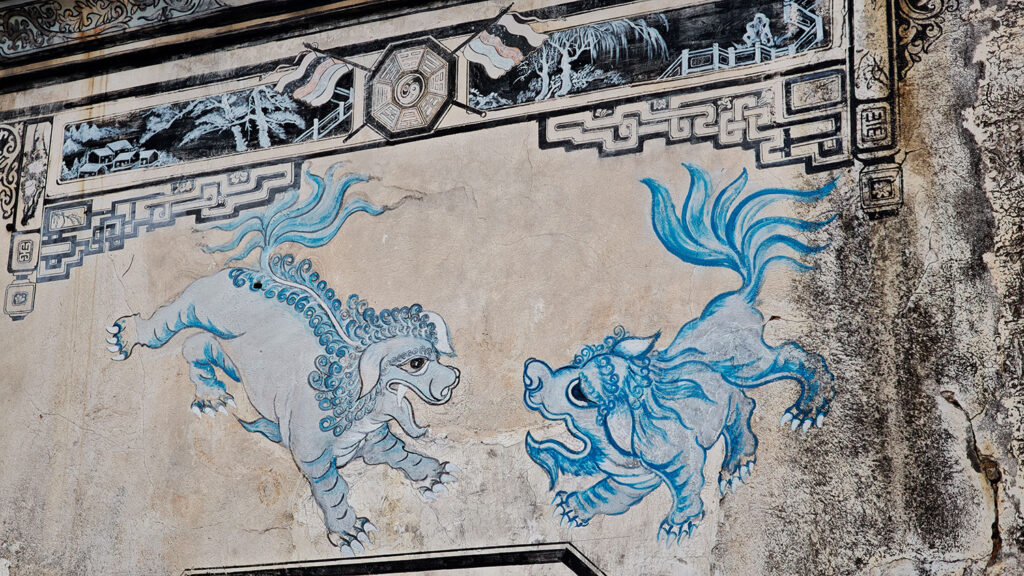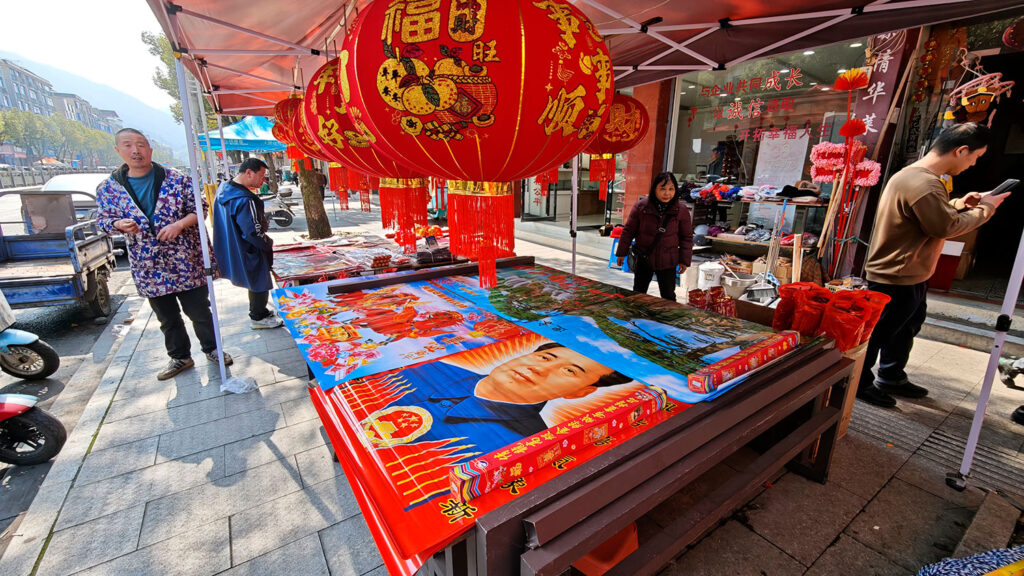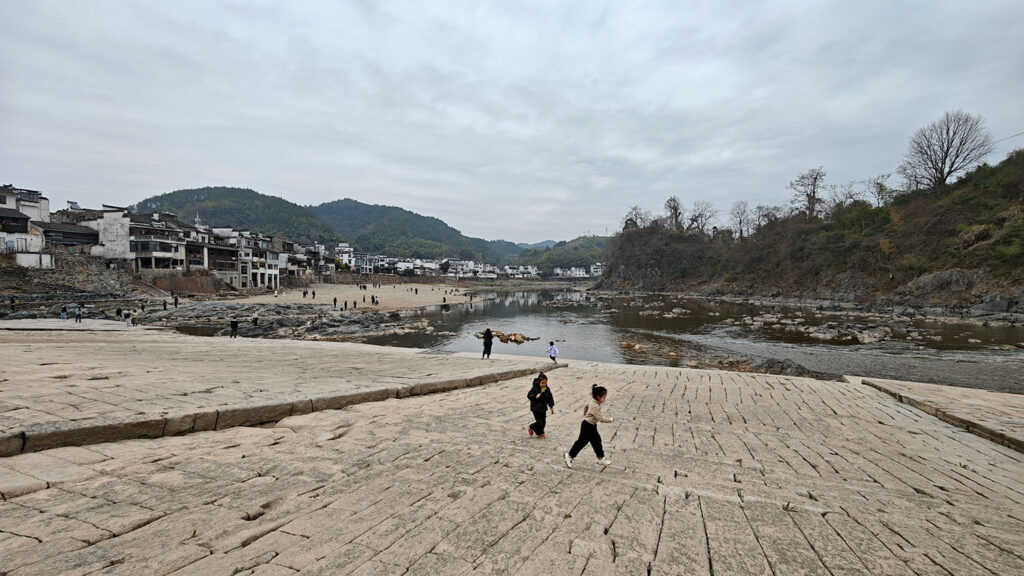
The man next to me took his phone from his shirt pocket and aimed it at the sun, which was setting into Mumbai’s bay. It was of no use; the sun, red and bright in front of our faces, was barely noticeable on his phone’s screen, reduced to a mere pixel. He threw his hands in the air, and saw that I saw it. He sighed and laughed, and we started talking.
He was forty-five years old and wore a green polo shirt with black horizontal lines. His hair was grey, his face friendly. He had grown up in a village in rural India, which nested on a beautiful hillside, or so he said. Some two thousand people lived there. He was the only one with an education — even his wife didn’t speak English.
Clearly he could see I was not from India: “Traveling is so good”, he joyfully said, “To connect with someone from another culture, it teaches you about people different than you, how they think differently, how they believe different things. And at the same time, it teaches you that we are all the same”, he concluded as he pointed at his nose, ears, and eyes.
I told him I felt the same about Mumbai. To me, Mumbai was a blend of familiarities and otherworldliness. The way people interact with each other is no different than at home, but the setting in which it takes place is vastly different. I told him I had seen a boy who lived on the street, who played with a stick in the mud, enjoying every second of it. I told him I had seen a girl in a with a shirt ‘Don’t Facebook your problems, face them’. And that I had seen groups of people without a house, having recreated somewhat of a living room on the side of the street.
I told the man that human behaviour seems to follows the same principles everywhere, no matter the climate, the culture, or the history, but the expressions vary vastly. I felt there was an absence of rules in Mumbai. Traffic is anarchy, slums are dwarfed by skyscrapers, and every where you look you’ll see a crowd of people. Yet somehow it all works, as a hugely diverse population of nearly twenty million peacefully coexists.
Although the man had never been anywhere outside India, he knew about the Netherlands. He had seen it in Bollywood films, and had also spoken with a Dutchman five years ago, on a train to Ahmedabad. He knew about Amsterdam, the canals, the bikes, hagelslag, and tompoezen. Again I spoke about the differences between our countries, now inverted. Amsterdam was quiet and cold compared to Mumbai. It felt a lot smaller and dense too, despite having a population density four times lower.
The man again spoke about his birthplace, the recurring theme: “If you want to make a phone call, you have to stand on the highest hill to receive a signal”, he said as he pointed out at the bars on his phone: “There’s no commercialism, people live and work together. Mostly from the land. There is no water, except from the rain”, he said: “Living in the village means everybody’s connected to nature, and to each other.”
How different to Mumbai, that was. Every material need one can possibly have is within a hands reach, yet emotionally, each is on his own. It’s painful to see, I said. I still didn’t know what to think of people who slept on the streets. How can one rationalise this to oneself? Especially as a tourist it feels unjust, visiting and looking at it, doing nothing. Among beauty, the world is packed with misery. It would be so fair if everybody in the world could go to sleep without being hungry. Yet, like a deer caught in the headlights, I feel overwhelmed, and I’m left with inaction, not knowing where to start.
And then, suddenly, the man had to speak about the problems that weighed on his shoulders. And so he spoke.
After his education he found work at a pharmaceutic company in Mumbai, so together with his wife and two children he moved from the rural village to the city of Mumbai. After nine years at the pharmaceutical company, the company changed hands and he lost his job. His wife, son, and daughter, had moved back to the village. That was three months ago. He had remained in Mumbai to find new work.
He applied to many jobs, hoping his experience and education would help. So far to no avail. Without a penny in his pocket, he sometimes couldn’t even travel to the application interviews. In the meantime he did day work, but the pay was poor, and because the municipality distributed the jobs fairly on a large group of people wanting them, it meant he could only work one in four days. He had slept the night outside, he said, and hadn’t had a good meal in days. But he didn’t give up. He was mixed with sadness and hope: “I like coming to the bay, because when everybody looks at the sunset, they can’t see whether I’m laughing or crying.”
As he told all of this, the contrast of our situations dawned on me. He was drawn to Mumbai to seek a better future, and was unable to make ends meet. I merely visited Mumbai as an escape, a leisure trip. It make me feel uneasy, ashamed of myself almost, being so privileged. Should I give him money? My mind raced.
At the same time, I feared that he would ask money, that our conversation just served him this purpose, but I instantly felt bad just to think that way; he never asked me for it.
Our conversation had started because he tried to photograph the sunset. We had connected on a personal level, and I had enjoyed every second of the discussion, for its only purpose had been to talk about life. We were equals.
Abu — I think his name was — brought forth the suffering of millions, in the shape of an individual. Until then, it had always seemed abstract to me. But now, I could relate to those troubles, because I could see the same patterns of thought in myself.
We chatted for only a bit more, until I shook his hand and left. By then, the sun had firmly set in the bay, reducing all individuals to mere silhouettes against the skyscraper-led-skyline of Mumbai.
They say India stirs your stomach, but much more than that, it has trembled my heart.



